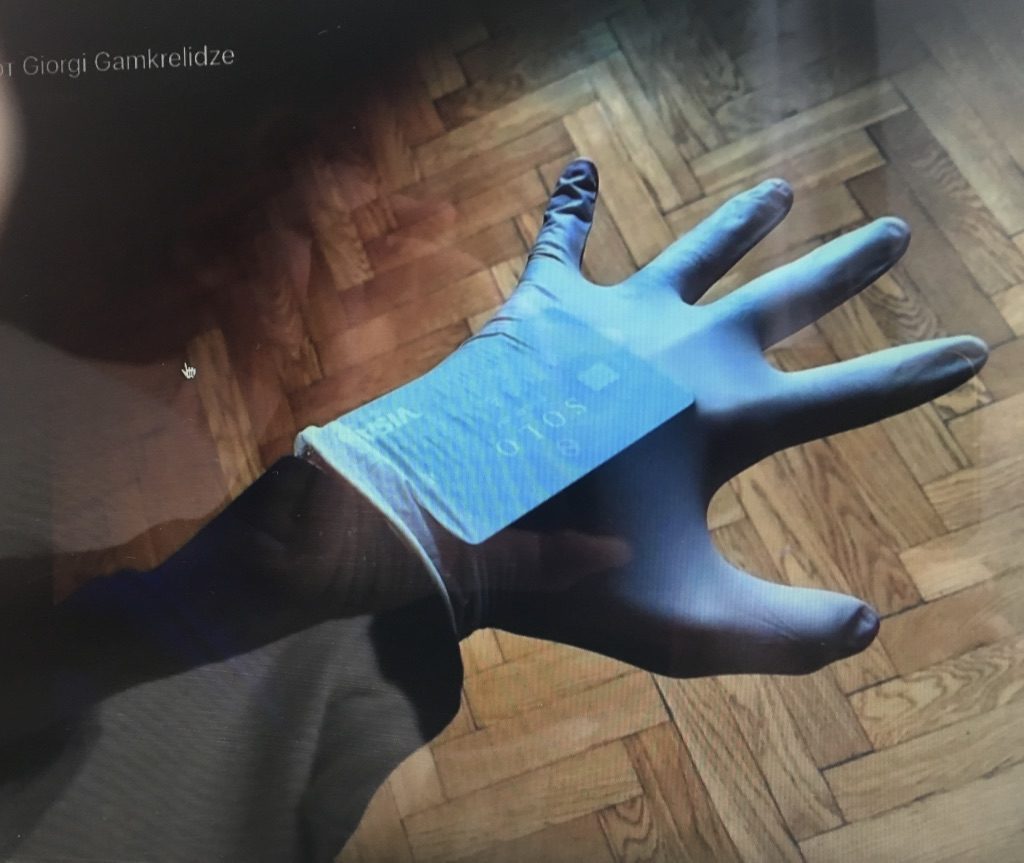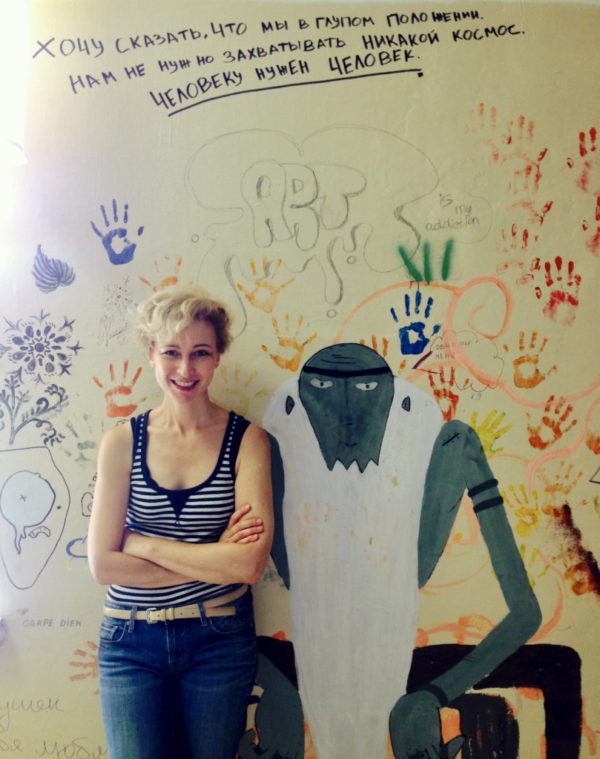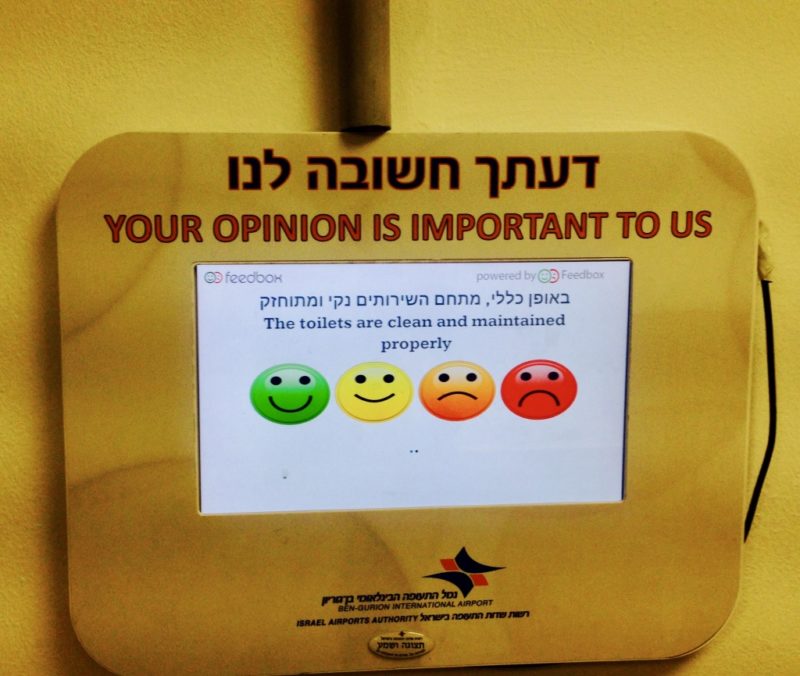Customer Service in Retail – a Reminder to Directors
When the virus is over, the doors will re-open and customers will return. If you are the director of a club, shop or restaurant, you will already feel joy, and – a big responsibility. This will be a time to take good care of your customers and your employees. If you do, the business will blossom even more.
-
Things Outside
If you are located on the ground floor, keep the windows clean, open your curtains and blinds. Show the world that you work, that your colleagues have comfortable workplaces and your clients do visit. If you have posters advertising your business, hang them on the walls to be visible from the outside, and at night leave the office slightly lit. This way, you will not need to spend money on outdoor advertising in the area.
If you have an adjacent area – a sidewalk, stairs or elevator that your firm shares with others – do pay attention to their condition. These things should be clean and, in case of stairs and elevators, well ventilated. It might be necessary to discuss quality and frequency of cleaning with your landlord, or municipal services, or cleaners that operate in your neighbourhood. Do you see a mess, and there’s no one to clean it up? Then put on your gloves and a mask, if necessary (a familiar accessory, isn’t it) and clean the mess up yourself. Rubbish, dirty floor or a overflowing bin… these are very bad for business.
Don’t forget the “broken window theory” –
If there are smokers among the employees, ask them not to smoke right outside the entrance, nor to smoke nearby (if they do, it will be clear to your visitors that for your employees smoking is preferable to work, and this somehow affects the overall experience of the visitor). Also, ask your colleagues to wash their hands and brush their teeth after smoking. You have to ask very politely, explaining that this is not a frivolous request but the observations of experts and the results of research: the smell of tobacco smoke can affects the people’s moods and, in a business setting, can negatively influence their buying decision.
-
Things Inside
Ask the staff if they like the space they work in. What could be improved? If in doubt, they can also ask the customers. For example, is it obvious for customers where to go, whom to contact and where things are?
Make a list and check regularly: are the information on the notice board up to date? are there any staff personal belongings within sight? Any confidential documents?
It is considered to be a good thing to do (and yes, it really is a good thing) to place a notice from you the director that if customers are not happy then you expect their complaints to go directly to you… Plus phone number and email address.
-
People, the hardest part
“Hell is a place where it smells bad and no one loves anyone”. You the director, and we, the clients, want to be in a place where it smells good and people treat each other well. The director can create a good atmosphere. Here is how. First, each employee should be able to understand the volume of their own work and the expected result. Secondly, at least once a week you, the director, should get people together and share information about your company agenda, what you are working on personally and what you expect from them in the near future. Thirdly, ask your colleagues, at one-to-one meetings, what they think was good in their work life recently and what was not. For this, you should not only set up a “mailbox for feedback and suggestions”, but also to establish a regular “Coffee with the Director” to communicate individually, in real space and time – the kind of contact we currently miss so much. Normal life, we are waiting for you to come back.
Customer service as an interaction
Contact without contact
Any communication is a contact between “me” and “another”, but the intensity of contact can be different. Now, in viral times, minimal physical contact is cultivated.
Thanks to my colleague Georgi Gamkrelidze, for the idea and for the photo

Minimal contact will live on in normal life after the virus. It is the owner or the manager of the business who is responsible for good feelings of customers when there is a large flow of customers and not too many service people.
You can certainly welcome your visitors, your customers and help them navigate by means of ads and signs. It will be good if you could soften up your message.
“You are going to the checkpoint, prepare your passport, friends,” says a cute not-so-young man. Ben Gurion Airport, Tel Aviv 2016.

If you decide to impose restrictions, be sure to explain what is behind them. The bridge is old and fragile, for groups of tourists it may be not safe to stand on it, better to go to the shore and to look from there: “For safety reasons please view from the arena”. Warwik Castle, 2015 (photo 3).

The main thing is not to overdo it with navigation and automated courtesies. A robot guiding passengers to the shuttle at the airport – this is good. But if the answering machine sings “We are happy to see you, welcome” and then you meet staff members busy discussing their dates or looking at their nails and not paying attention – this is not good at all.
You could collect customer opinions even about “contactless” service. Also, offer not only the extremes of “good to bad”, but also a few intermediate options. “Is there cleanliness and order here?: “Yes!” or “Well, on the whole, yes” or “Not really” or “Not at all!” (photo 4)
Human needs human. A reminder for employees
In Moscow it is socially acceptable to pop into a shop for a few seconds, point at a garment in the shop window and ask, “Do you have size thirty-eight?”. And in an another country, one might need to go in, attract shop assistant’s attention, “bonjour madame – bonjour”, and only then ask the question. Since the rules are different, the recommendations below are not exhaustive. A full set of recommendations for your business can only be made after you are measured!
If you work with clients…
…pay attention to shy people, offer them help in the first place
…be a team: if a colleague approaches you and you’re busy with a client, apologize, smile and help your colleague if it is a matter of a few seconds
…if there is a queue and you are busy, make eye contact, from time to time, with the clients waiting in line
…when talking to the client, maintain eye contact and, if appropriate, give compliments (this can be learned) or thank them (for their interest, for coming, for waiting …),
…say the word “no” as rarely as possible. For example: “Do you have vitamin D?” – “No” – is the wrong answer. “Do you have vitamin D?” – “Unfortunately, we’re out of it. We have already ordered some more from our warehouse. Do you want me to write down your phone number so that and we can call you when we get it?” – this is the right answer
…if you’re talking to customers, standing at a counter or sitting in front of your computer at a booth – mind your posture. A straight back shows that you are interested in the subject of the conversation, and also have enough patience to listen and help.
To help you become a professional with healthy and beautiful spine – here’s Irina: www.yogaatwork.ru!
I will be talking next time about customer service in contact centres, where there is no visual way to interact with customers but only voice and information… until then!


